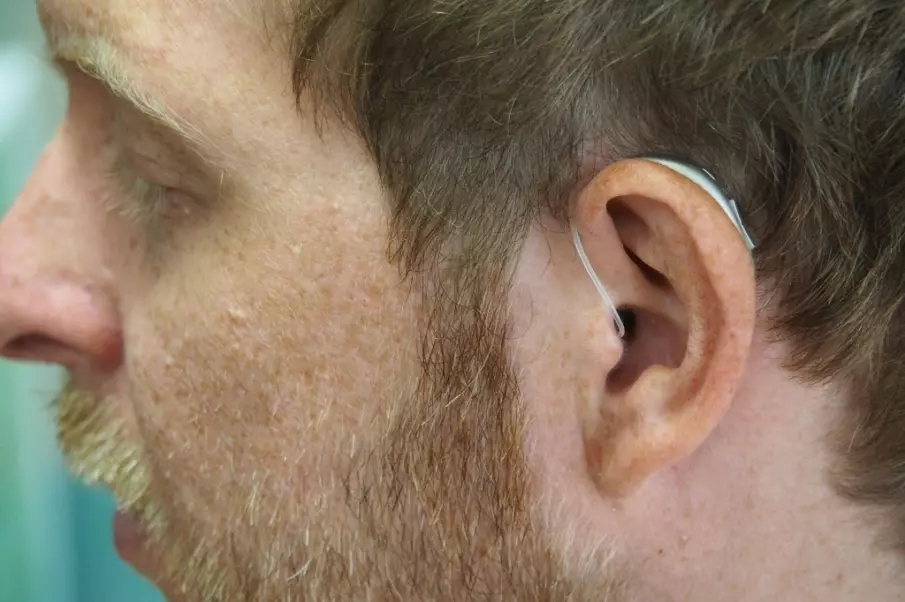5 Ways to Protect Your Hearing At Any Age

Photo by Mark Paton on Unsplash
The health of your ears is crucial, but numerous individuals remain unaware of how to adequately safeguard their ear health. Once someone's hearing is impaired, it's irreversible and might deteriorate over time. While there are many strategies to prevent hearing loss, five methods exist to maintain good ear health.
Don't Fear Utilizing Earplugs
Approximately 15% of Americans have been exposed to high-volume work or recreational environments that resulted in noise-induced hearing loss. With inexpensive earplugs readily available, there's no reason not to purchase a pair and start safeguarding your hearing. Some hearing aids are practically invisible and could block out all noise, allowing you to enjoy conversation and music without putting your hearing in danger.
Don't Stress
Tinnitus, the illusion of noise or ringing in the ears, is often associated with stress and anxiety, leading to either temporary or persistent symptoms. When a person experiences significant stress, their body might enter a fight or flight response, resulting in an adrenaline rush. This reaction strains the nerves, increases blood circulation, and raises body temperature.
This pressure and stress can then migrate throughout the body and reach the inner ear, inducing tinnitus symptoms. While it's impossible to remove stress from one's life entirely, it's advisable to deliberately attempt to frequently place yourself in less stressful circumstances and settings to maintain equilibrium. This not only aids in alleviating tinnitus symptoms, but also enhances overall health.
Turn Down the Volume
Multiple factors can impair your hearing. Listening to loud sounds from devices such as a television or a radio over an extended time can be equally harmful. It is also advisable to avoid environments with continuous loud noises, such as construction sites, concerts, and shooting ranges.
However, completely avoiding these situations might be unrealistic, especially if they are integral to your profession. The subsequent advice will be particularly beneficial if you find yourself in such circumstances.
Inspect Your Medication
The medication you take could significantly affect your hearing. Drugs like aspirin, anti-inflammatories, antibiotics, and specific heart and cancer treatments have been shown to cause hearing loss. Fortunately, this type of hearing loss typically only occurs when multiple of these medications are used in conjunction, making it a less frequent occurrence.
Maintain Dryness in Your Ears
Swimming or bathing often leads to water seeping into your ear canal. This can harm your auditory wellbeing, especially if the water harbours detrimental bacteria or remains lodged in your ear canal for an extended time. To mitigate this, lean your head to one side after swimming or bathing to help drain residual water from your ears, or employ a gentle, compact towel to dab away any excess moisture.
For those who swim frequently, it might be prudent to purchase earplugs specifically designed for swimmers that inhibit water from entering your ear canal. Your ear, nose and throat doctor might also propose bespoke earplugs that provide a snug and comfortable fit within your ears.
Endnote
Avoiding hearing loss requires a proactive stance towards your auditory health. Just like you promptly get your eyes or teeth examined, it's time to incorporate frequent hearing tests into your routine health check-ups. If these tests reveal any existing hearing loss, you can initiate preventive measures to halt its progression.
More to Read:
Previous Posts:











